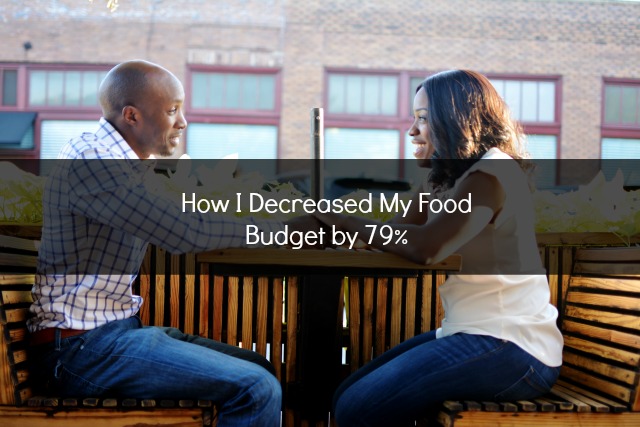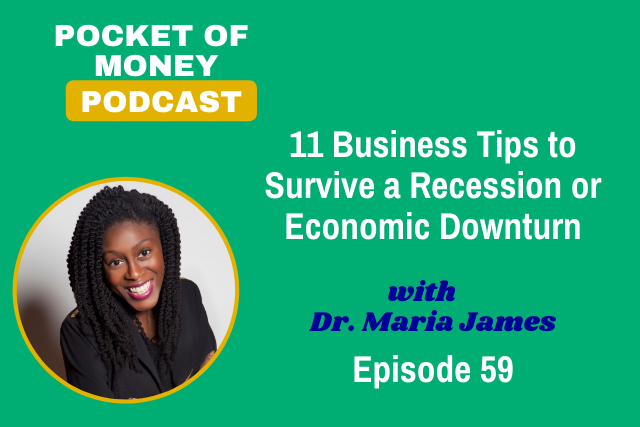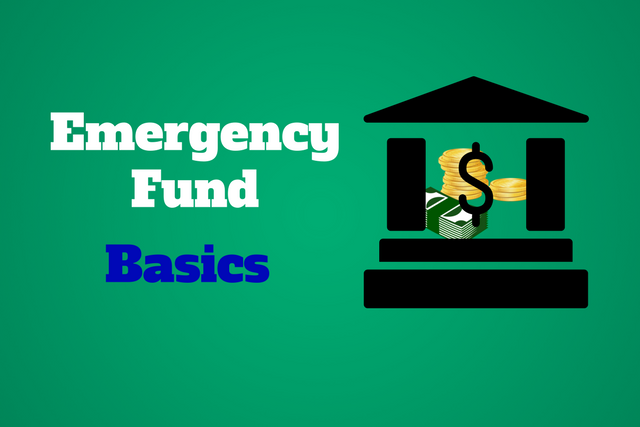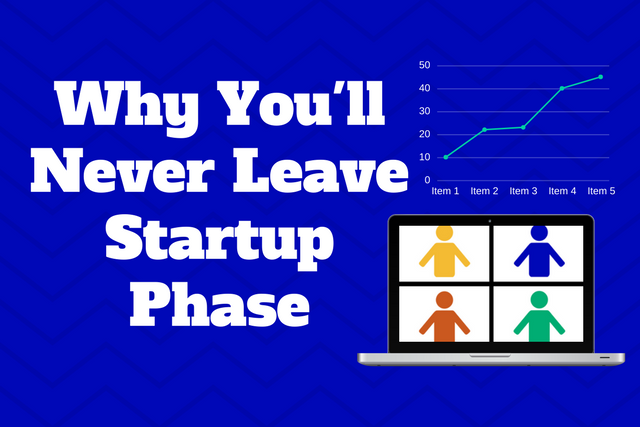How I Decreased My Food Budget by 79%
I decreased my food budget by 79% and it didn’t have much to do with couponing. Food can be one of the more expensive categories in your monthly budget. It’s not a fixed expense, the amount is dependent on you. But that’s also the problem, the amount is dependent on you. I review my budget every month to see how well I did with sticking to my estimated amounts. As I went through each category, I realized I had a problem. I had an inkling before even looking at the budget that I may have went a bit over for food. Well I had an idea because I had gone over the previous month and hadn’t drastically changed my behavior. But I got a rude awakening. It wasn’t a teensy bit over. It was a lot over.
My food budget started to get out of control. The culprit was eating out. I knew that too, but I had to get honest with myself on why it happened and what I planned to do about it. So what caused me to be over? Not scheduling time to shop for groceries and not prioritizing food preparation and cooking. In August I was at the tail end of hosting a 30 day challenge and a launch for my new membership for entrepreneurs. I prioritized that over healthy and organized eating. Not good, but it is what happened.
So I took a deep breath, refocused and got back on track … for the most part. I decreased my food budget (I’m counting groceries and eating out) by 79%. Here’s what I did.
1) Make strict rules for eating out or ordering delivery.
Write the rules down so you can see them. Mine were it had to be a week day, so the excuse of not having enough time was more plausible. It had to be less than $5 per person yet still “relatively” healthy. I had to be away from home and therefore unable to cook something. I made a checklist and saved it to my phone. Since I use my phone quite a lot that worked for me. If you need to post your rules around the house or in the car then do it.
2) Sketch the meals for the week.
I took the time out, usually about 15 minutes, to figure out at least three dinner meals I could make for the week and eat for lunch. Those were my problem meals so if I had a rough idea of what I would eat then I could get the ingredients when grocery shopping and not spend time pondering what to eat. I found if I had to think too long about what to make and try to hunt through ingredients in the kitchen … I ended up ordering something. I know it seems so simple, but this happened way too often so I needed to circumvent it.
It’s ok to start small with this one. I could have been better with this. I didn’t plan out every single meal, so I likely could have saved even more money. However, even planning at least three meals greatly decreased the money I spent on food. I didn’t use a meal calendar, but it would likely help you. You can keep it simple and use a regular calendar. Write breakfast, lunch and dinner. Write in a meal idea for each one. You could also use Pinterest boards to organize recipes.
3) Prep snacks for on the go.
Sometimes I would run out of the house and not eat breakfast. I need to eat breakfast. I get pretty hungry not long after starting the day. So that doesn’t work for me. I started carrying bars in my bag that could stave off the hunger until I could eat food I cooked. I would make sure to just leave some in there. These snacks can act as an “emergency hunger pack.” This prevented me from buying food many times and helped me save quite a bit. Make an emergency hunger pack and just leave it in your bag or in your desk at work.
4) Schedule time to go grocery shopping.
If something is not on my calendar or on my to do list then it very likely will not get done. I started adding a task with a reminder for grocery shopping. I would sketch the meals, add coupons to my card and then shop. I only shopped twice per month, but having it on the schedule let me be present and not worry about all the tasks I needed to do for the business. Before this contributed to prioritizing business tasks over groceries and cooking.
Determine the real reason as to why you’re overspending on food so you can determine the best fix. For me it was prioritizing other tasks over meal preparation and grocery shopping. Once I acknowledged that and put rules in place to counteract this, I saved so much more money.







Responses